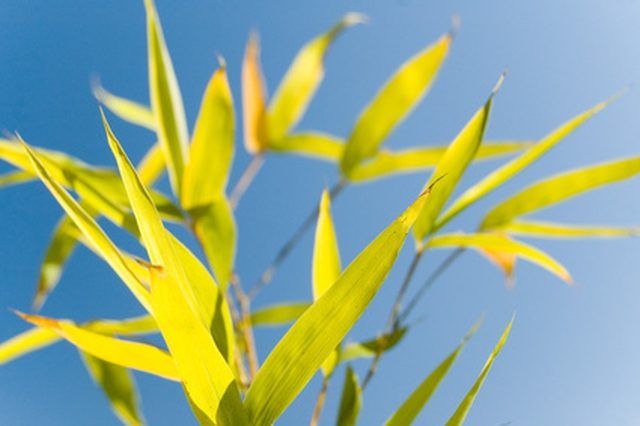Bulbs
Flower Basics
Flower Beds & Specialty Gardens
Flower Garden
Garden Furniture
Garden Gnomes
Garden Seeds
Garden Sheds
Garden Statues
Garden Tools & Supplies
Gardening Basics
Green & Organic
Groundcovers & Vines
Growing Annuals
Growing Basil
Growing Beans
Growing Berries
Growing Blueberries
Growing Cactus
Growing Corn
Growing Cotton
Growing Edibles
Growing Flowers
Growing Garlic
Growing Grapes
Growing Grass
Growing Herbs
Growing Jasmine
Growing Mint
Growing Mushrooms
Orchids
Growing Peanuts
Growing Perennials
Growing Plants
Growing Rosemary
Growing Roses
Growing Strawberries
Growing Sunflowers
Growing Thyme
Growing Tomatoes
Growing Tulips
Growing Vegetables
Herb Basics
Herb Garden
Indoor Growing
Landscaping Basics
Landscaping Patios
Landscaping Plants
Landscaping Shrubs
Landscaping Trees
Landscaping Walks & Pathways
Lawn Basics
Lawn Maintenance
Lawn Mowers
Lawn Ornaments
Lawn Planting
Lawn Tools
Outdoor Growing
Overall Landscape Planning
Pests, Weeds & Problems
Plant Basics
Rock Garden
Rose Garden
Shrubs
Soil
Specialty Gardens
Trees
Vegetable Garden
Yard Maintenance
Growing Bamboo in North Carolina
Growing Bamboo in North Carolina. Bamboo can provide valuable landscaping, ground cover and privacy with its bushy growth. This unique plant grows as both vertical canes and vines, and needs relatively straightforward care. In North Carolina, where soil can be thick and rocky and winters get harsh, it's important to plant bamboo at the right time,...

Bamboo can provide valuable landscaping, ground cover and privacy with its bushy growth. This unique plant grows as both vertical canes and vines, and needs relatively straightforward care. In North Carolina, where soil can be thick and rocky and winters get harsh, it's important to plant bamboo at the right time, in the right way, to ensure good establishment.
Things You'll Need
Quick-draining soil
Compost
Water
Fertilizer
Plant bamboo rhizomes (bulbs) in spring and early summer, to give them a chance to establish before any cold North Carolina weather arrives. Choose a planting site that gets full sun and has good drainage. If you're planting vining bamboo, choose an area that has a wall or structure available to support the vines when they grow.
Mix half compost and half quick-draining soil into the top 2 feet of your planting site to give the bamboo the rich, loose foundation it needs. Bamboo suffers in thick soil, where it doesn't get the drainage it needs. Remove any rocks or weeds from the site.
Plant bamboo rhizomes at a depth of 1 to 2 inches, and give each rhizome about 10 feet of space around it. These plants grow quickly, both upward and outward. Each plant needs plenty of room for establishment.
Water the rhizomes with 2 to 3 inches of water immediately, and put them on a regular watering schedule of 2 inches per week. In North Carolina, where rain is common, adjust your watering schedule to supplement natural rainfall.
Fertilize the rhizomes once they sprout, using 10-10-10 fertilizer. Add the fertilizer to your watering once every four to six weeks. Always follow manufacturer directions in regard to the amount and application of fertilizer.
Tips & Warnings
Bamboo is considered to be a sign of good luck, and grows up to 20 feet per growing season. Bamboo grows in the summer, and goes dormant in winter.
Divide bamboo rhizomes once bamboo is 2 years old to neaten up established plants and propagate new plants.
Do not use fertilizer during bamboo planting, as it will burn the rhizome. Never use fresh manure as fertilizer for bamboo, as it will burn both rhizome and roots.